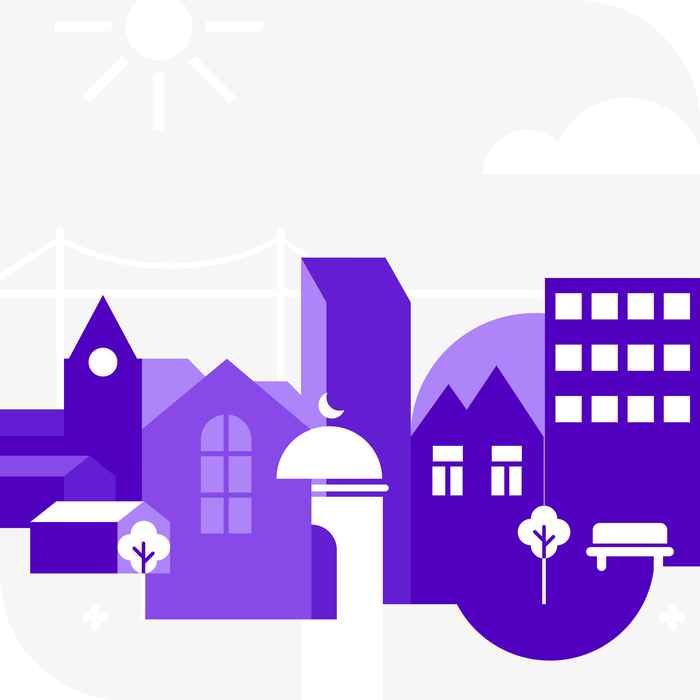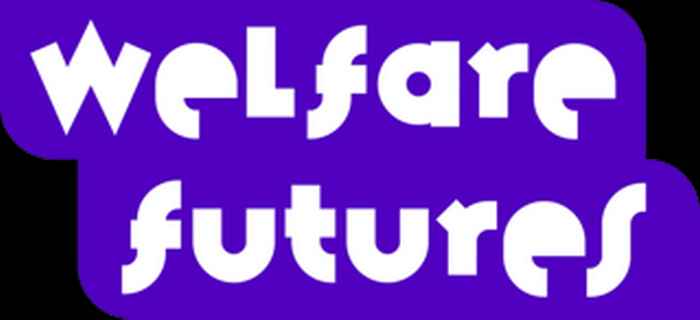Advocacy by and for refugees in Rotterdam: neoliberal bureaucracies, racialized bridge-builders, welfare nostalgia, and the whiteness of generic policy categories
Lecture by Lieke van der Veer
- Date
- 16 September 2025
- Time
- 15:30 -17:00
- Room
- B5.12 (Common Room Anthropology)

During long-time fieldwork in Rotterdam, the Netherlands, Lieke has worked with non-white community organizers with a forced migration background who inhabit the institutional subjectivity of ‘bridge-builder.’ These bridge builders aspire to ‘give back’ by launching an ‘initiative’ to help others, with the assumption that this will enable them to step out of their precarious and liminal position of social indebtedness and enter into the realm of sociality and exchange. In doing so, they try to meet funding arrangements that are in line with the European trend of generic policy categories, and enter into collaborative government arrangements. To navigate these arrangements, they receive assistance from refugee advocates of long-term Dutch heritage who evoke narratives of nostalgia for a long-lost welfare state to motivate their commitment for social justice and for the inclusion of refugee-led initiatives. In this talk, Lieke addresses five concerns:
First, recipients of social benefits such as refugees in Europe are cast as socially indebted and therefore compelled to ‘give back.’ But in a landscape of outsourced service provision, superexploited labor, and subcontracting arrangements, the social debts that that refugees allegedly collected do not get redeemed.
Second, refugee-led organizations are caught by the paradox of having to nourish personalized relations in neighborhood-focused networks and enter into horizontal partnerships with bureaucrats—while top-down governance practices that require formalization and bureaucratization continue to put pressure on organizations. The effect of this paradox is that these organizations are faced not only with the impossible job to implement a degree of bureaucracy to show that they are non-bureaucratic, but also that they get to speak the language of capital—that in an extreme right-wing conjuncture becomes tangled up with anti-migrant hostility.
Third, the erasure of racialized and culturalized difference in policies that allegedly apply to all residents reconfigures a depoliticized white universalism in the Dutch welfare landscape and preserves the marginalization of specific groups.
Fourth, to legitimize their support activities, organizers and advisors rely on each other to build ‘relational authority.’ But power asymmetries surface as advisors have a gate keeper role while organizers hustle to settle in. Although the subjectivity of ‘bridge builder’ helps the organizers to stage their migration background as capital, the racialized dimensions of this form of authority-making prove resistant to being ‘undone’.
Drinks & snacks afterwards in CREA Café.
About Lieke van der Veer
Lieke van der Veer is a multidisciplinary scholar trained in Political Philosophy and Social Anthropology. Areas of expertise are: borders, refuge, participatory democracy, cultures of neoliberalism, state-citizen relations, social justice, and social movements.
Lieke's current research focuses on public policy in anti-discrimination, diversity, welfare, integration, and labor. She does so as a postdoctoral researcher in the project ‘Dilemmas of Doing Diversity.’ In this project she studies knowledge infrastructure, alliances with civil society organizations, and forms of administrative artistry in bureaucracies.
Livestream
If you are not able to join in person, you can also follow the talk and discussion via the livestream.
